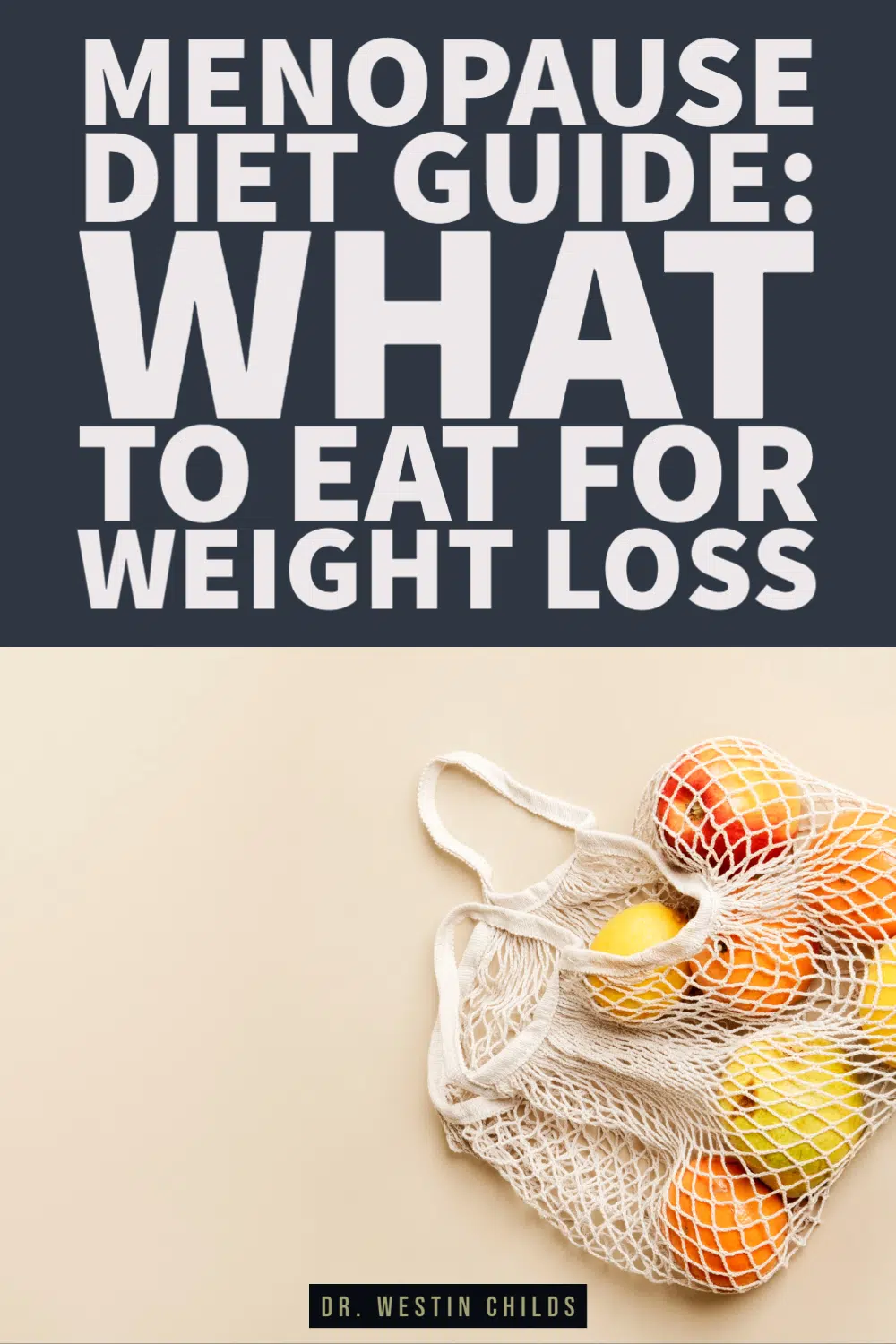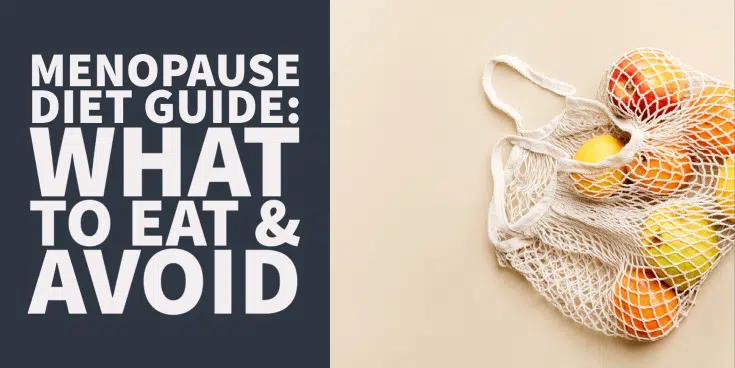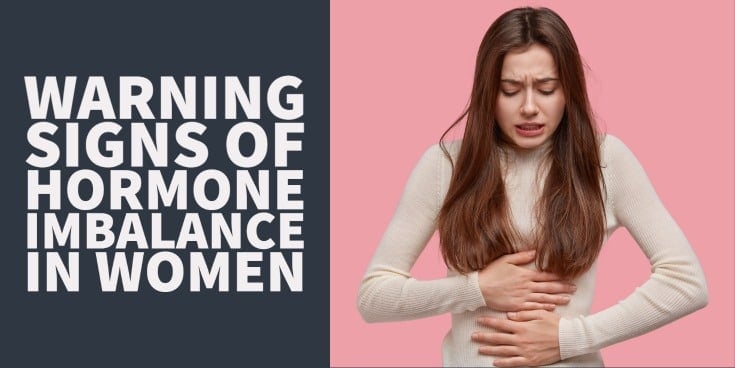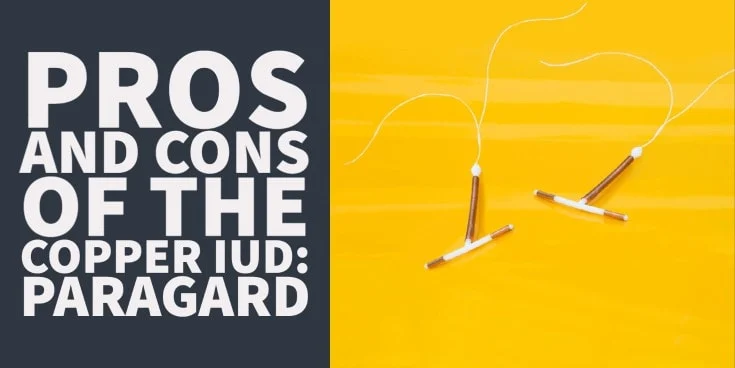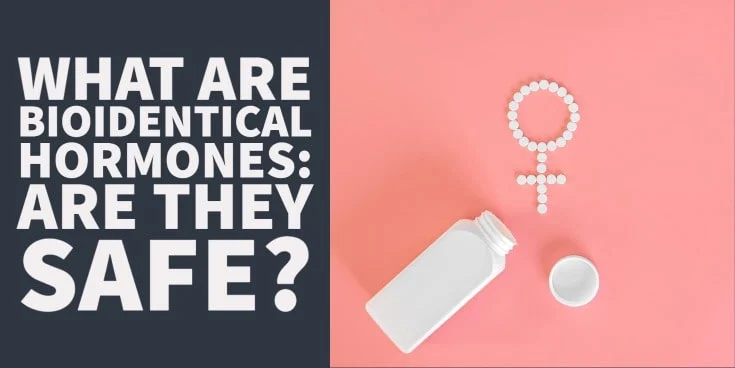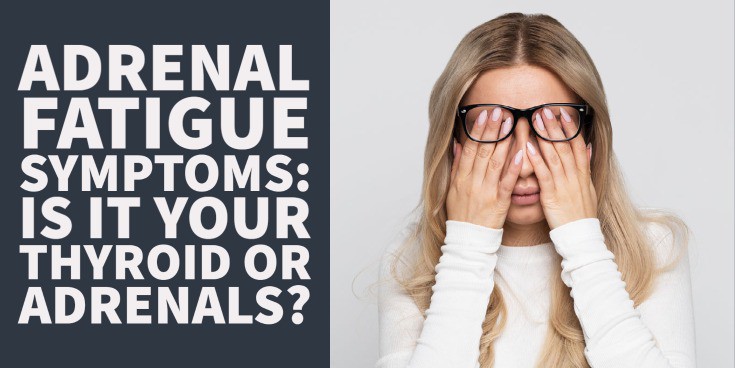Are you struggling with weight gain at menopause?
If so then you are not alone.
Many women find that they gain an extra 10-15 (or more) during the menopause transition.
If you fit into this category then understanding what foods you should be eating (and avoiding) is an important step in helping you lose those extra pounds.
This guide will walk you through everything you need to know about menopause and your diet including what you should be eating, how often you should be eating, and if you should take HRT or other weight loss therapies that complement dietary changes.
Let’s jump in:
Menopause and Weight Gain – What Causes it?
This is the AVERAGE amount of weight that women will gain which means that some will gain even more and that others will gain less.
But the question is:
Why do women gain weight during menopause and is there anything that you can do to prevent that weight gain, to begin with?
This is a great question and one that we will explore in this post.
The first item that most people jump to when they talk about their weight is the food that they put into their mouth or their diet.
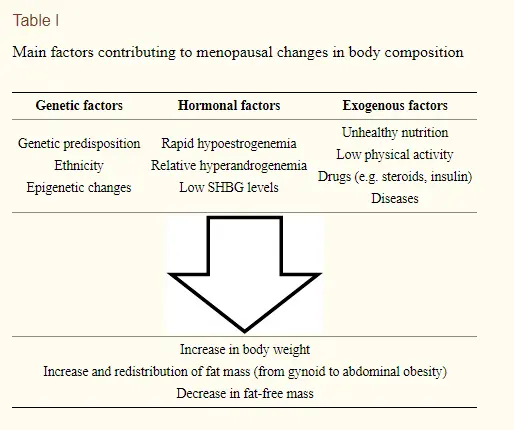
Naturally, women often jump to dietary changes that they can make during menopause to help with their weight.
But before you do that, there are a few things you need to understand about menopause.
The first has to do with WHY women gain weight in the menopausal period.
We, as a society, have been conditioned to believe that weight gain is the result of eating too much and exercising too little.
But does this make sense in menopause?
Do you think that women around the planet are simultaneously hitting menopause and eating more than they should while exercising less?
It would be crazy to believe something like that and we know that it isn’t true.
Again, this is not controversial.
We know, from many studies, that estrogen impacts the way that your body stores and breaks down fat (3).
This process is known as lipolysis (the breakdown of adipose tissues).
Menopause causes a dramatic drop in both estrogen and progesterone (which is natural during this time period) which means that your body is no longer as effective as it once was at burning fat.
The weight that is gained during menopause is generally directed at the abdomen or belly.
This type of fat is termed “visceral fat” and is the dangerous kind of fat that you don’t want to have on your body.
We know, again from many studies, that even small changes to your weight may result in an increased risk of heart attack, stroke, and diabetes.
So, if the aesthetics of gaining weight aren’t enough to motivate you to lose weight then perhaps the risk of these conditions is.
Can Diet Help you Manage your Weight?
Knowing and understanding that the weight gain at menopause is the result of hormone changes can help you to understand how the food that you eat fits into your weight loss strategy.
We know that the foods that you consume can alter your hormones, but they are no substitute for hormone replacement therapy (termed HRT for those in menopause).
But that doesn’t mean that food doesn’t play a role in your weight or symptom management while in menopause.
In fact, we know that a poor diet can exacerbate (or make worse) the symptoms of menopause.
So it’s still in your best interest to eat healthy foods, even if they don’t impact your hormones in any great way.
If you enter menopause with an extra 10-15 pounds of fat on your body (or more) we know that you are likely to have a very hard time in the post-menopausal period losing that extra weight.
But, on the other hand, if you can take care of any extra weight BEFORE menopause, then you are in a great position to maintain your weight as you hit the transition.
I realize that not everyone will be able to manage their weight (due to other hormone issues or other problems), but it’s still worth mentioning that this is the best “weight loss therapy” for menopause.
If you’ve already hit menopause and you’re gaining weight (more than you’d like) then it’s very important that you explore your diet and ensure that you are eating properly.
Foods to Eat during/after Menopause
To say that nutritional science is confusing is an understatement.
There’s no shortage of experts out there telling you what foods to eat and which foods to avoid.
This type of information causes confusion because many of the experts contradict one another frequently.
So what is the “truth”?
The truth is that there is no single perfect diet that will work for each and every person.
The exact amount of food that you consume will be different from the next woman and that’s okay.
The goal here is to focus on a general “group” of healthy foods that you can then tweak and adjust to your body over a period of time.
With this logic in mind, I’ve put together a list of healthy foods that you should be eating if you are in menopause (with reasons as to why you should be eating them).
You can find the list of foods to eat during menopause below:
- Plenty (and I mean plenty) of fruits and vegetables (6) – Vegetables and fruits should form the backbone of your diet. A diet high in fruits and vegetables helps improve cholesterol, reduce weight gain at menopause, delay the onset of menopause (7), and so on. It can also help promote normal hormone function in women by providing your body with anti-oxidants (8) which can neutralize reactive oxygen species and help your eggs live longer. For the most benefit make sure you “eat the rainbow” and have fruits/veggies of all varieties and colors.
- Gluten-free grains (buckwheat, oats, quinoa, rice, etc.) – Gluten-free grains can help provide your body with easily absorbed energy. They also tend to be easier on the digestive tract and have more nutrients when compared to processed flour and bread. These foods are also naturally high in fiber.
- Healthy fats – Healthy fats include coconut oil, extra virgin olive oil, nuts, seeds, and so on. Eat these fats but limit the amount of fat that you consume (do your best not to add extra fat to your meals just for the sake of adding “healthy fats”). Using fats sparingly may help boost your metabolism and paradoxically increase the ability of your body to burn fat.
- Soy-Based Foods – As HRT use has dropped the use of soy-based foods to combat menopausal symptoms has increased significantly (9). Soy foods may have estrogenic potential which means that they might be able to help with menopausal symptoms such as hot flashes. Whether or not soy-based products help with weight loss is up for debate. It’s probably best to start with a trial run of high-quality (organic) soy foods to see if they help in your case. From there you can either choose to continue or not these types of products. You can find soy in tempeh, tofu, soy milk, edamame, and so on.
- Maca – Maca is a plant-based superfood that comes from a root in the Andes. Maca has been used for centuries to help manage infertility, improve sex drive and balance female hormones (10). You can purchase maca as a powder and add it to foods or you can purchase it in capsule form as a nutritional supplement. Maca can be used in both men and women!
- Flaxseed – Flaxseeds are a superfood that contains omega-3 fatty acids and many anti-oxidants. Flaxseeds should get special attention if you are in menopause because studies have shown that consuming flaxseed for 3 months may help reduce menopausal symptoms and improve your quality of life (11). Flaxseeds can be added to smoothies, salads, or other homemade recipes. They don’t drastically change the flavor of your food and they count as a healthy fat. This superfood is high in fiber as well and naturally low in carbohydrates.
- Healthy proteins – Consuming enough healthy proteins from plants or animals will help maintain your muscle mass (and allow you to build muscle mass if you are lifting weights) which will help with your metabolism. Aim to consume at least 20-30% of your calories from healthy protein sources (12). This number may fluctuate based on your body size, muscle mass, or how much you are exercising.
- Healthy Carbohydrates – Don’t be afraid of healthy carbohydrates. Healthy carbohydrates may include non-gluten grains, fruits, vegetables, foods with fibers, starches, rice, etc. These foods get a bad reputation but they are significantly better than processed or refined foods. Some women do very well on higher carbohydrate diets (40-50% of calories from carbs).
If you are struggling with what type of diet to eat after reading this then you can always start with the Mediterranean diet.
This diet has been shown to help women in menopause with weight loss in some studies (13).
This isn’t the only diet you can use for weight loss in menopause, but it does offer a great starting point for many women.
Foods to Avoid during/after Menopause
While putting healthy foods into your body is of extreme importance it’s only about 50% of the equation.
The other half has to do with the avoidance of foods that can actively cause issues in your body.
Consuming healthy foods is not an antidote to consuming unhealthy foods.
For best results, you will need to both CONSUME healthy foods while simultaneously AVOIDING unhealthy foods.
I’ve compiled a list of the most troublesome foods below and some basic reasons why you should avoid them:
- Highly processed foods – Processed foods often contain hidden sugars and poor-quality fats which can needlessly increase your calorie consumption and potentially lead to inflammation (14). Avoid foods that are heavily processed and contain ingredients that are difficult to pronounce.
- Refined carbohydrates – Refined carbohydrates tend to cause a more robust response in regard to your insulin levels which may lead to weight gain and insulin resistance over time. Avoid these types of carbs in favor of real, whole-food versions.
- Alcohol – Alcohol adds extra calories, puts extra strain on your liver, and may increase your risk of certain breast cancers (15). Avoid alcohol if you are aiming for weight loss.
- Caffeine – Caffeine may help you stay alert but it also may worsen vasomotor menopausal symptoms such as hot flashes (16). Avoiding caffeine will also help your body tolerate stress and will help you sleep easier at night.
- Industrial seed oils – Low-quality and highly refined oils such as safflower oil, corn oil, and so on may lead to inflammation and an imbalance of fatty acids in your body. If you avoid processed foods you will almost always avoid these types of oils.
- Fast foods – Fast food is cheap for a reason (it’s primarily made of low-quality foods!). Avoiding fast food will help you maintain a normal appetite and help keep you on track.
Should you Restrict your Calories?
It may be tempting to fight weight gain at menopause with calorie restriction but this is a bad idea for many reasons.
Many women believe that they can curb weight gain at menopause by simply cutting back the number of calories that they consume to something like 1,500 or 1,200 calories per day.
The trade-off of metabolic damage for temporary stalling of weight gain is not an even trade and it will always leave you in worse shape than when you started.
Your body is designed to consume a specific amount of calories (depending on your activity level, hormone balance, and so on) and if you cut your calories below this amount it will respond by slowing down your metabolism.
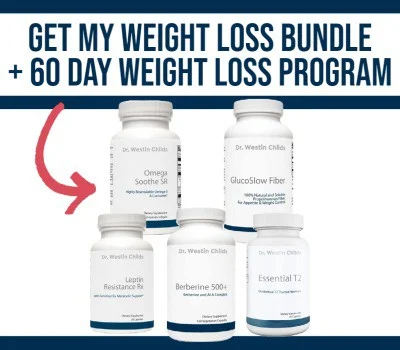
Cutting back your calories also doesn’t make sense during menopause because the weight gain that you experience during this time is not the result of overeating.
It is the result of hormonal changes which occur during this time period.
You can’t resolve this hormone imbalance by reducing the number of calories that you consume.
You can, however, impact how hormones work in your body by consuming CERTAIN foods (listed above).
Do your best to avoid the trap of calorie restriction, especially during or after menopause, because it will make weight loss more difficult for you later.
Your overall goal should be to consume the number of calories necessary for your body based on your appetite.
Following your appetite is a sure way to avoid calorie restriction and metabolic damage.
You will then be able to influence your hormones for weight loss through other means (HRT, diet, exercise, supplements, and so on).
How Frequently Should You Eat?
Should you eat every 4 hours?
Should you have 1-2 large meals per day?
Which is best for weight loss during menopause?
The answer is not clear and it probably depends more on your body than anything else.
But this comes at a cost of potentially worsening insulin resistance in some individuals.
If you suffer from significant menopausal symptoms that are affecting your quality of life, then it’s probably a good idea to try out smaller but more frequent meals.
Doing a trial run can help you determine if this method of eating is better for you.
On the other hand, you might find that larger but less frequent meals work best for your body and your metabolism.
Other Tips & Tricks to Help Manage Your Weight
If you’ve spent any time on my blog before then you know that I’m a huge proponent of “layering” therapies on top of each other.
Layering therapies refer to doing more than one thing at a time to achieve a certain goal.
This approach applies directly to weight loss and it’s been my experience that it improves results dramatically.
The idea would be to add supplements, HRT, exercise, etc. to whatever dietary changes you make as opposed to simply altering your diet and hoping for the best.
Often, these other therapies are complementary to dietary changes and can enhance your weight loss.
With this in mind, let’s talk about some other therapies that you can consider to help you manage your weight during the menopause transition.
#1. HRT (Hormone Replacement Therapy)
The first, and perhaps most important, is the role of hormone replacement therapy in menopause with bio-identical hormones.
Remember:
Menopause is really a hormone problem which means that the weight gain associated with menopause is secondary to hormone changes that occur during this time frame.
Hormone replacement therapy or HRT for short gets a bad reputation among physicians due to some studies that took place in the early 2000’s.
Since then, many studies have shown that bio-identical hormones (not the synthetic hormones that were used in older studies) have an excellent safety profile (21) and can help with symptom management and weight loss.
HRT is not for everyone, and not all women in menopause will necessarily need it, but it’s absolutely worth exploring as a potential option for many women.
HRT should be avoided if you have a personal history of breast cancer (or strong family history).
You can learn more about supplementing with bio-identical progesterone and biest (estrogen medication/supplement) in these posts to give you an idea of how to start.
#2. Supplementation
Using supplements is another strategy that you can combine with dietary changes to help improve your weight and symptoms during menopause.
Certain supplements can help promote weight loss through various pathways such as improving gut bacteria, helping you build muscle mass, and so on.
I’ve compiled a list of supplements that can help women in menopause with weight loss below:
+ Probiotics – High doses of probiotics can help improve the concentration of bacteria in your gut and may help improve your metabolism as well (22). In order to get these benefits, you need to be using a very potent probiotic formula with 100 billion + CFU per serving. For best results, you’ll also want an array of lactobacilli and bifidobacteria species to help bring variety to your probiotic.
+ Berberine – Berberine has been shown to help with weight loss by sensitizing your body to insulin, helping improve muscle mass, and increasing your metabolism. Berberine is a great supplement to use for weight loss, especially for those in menopause.
+ Protein Powder – Using a high-quality protein powder can help provide your body with the nutrients necessary for muscle growth and help reduce your appetite. Look for protein powders that are plant-based as these are more easily absorbed and utilized by the body.
+ B Vitamins – B Vitamins can help improve your energy levels and may help increase your tolerance to stress during menopause (23). B12 is often used in weight loss therapies as well to help improve activity levels and exercise capacity.
For the most benefit, these should be combined with the dietary changes outlined above!
Don’t make the mistake of simply taking supplements or changing your diet and hoping for massive amounts of weight loss.
#3. Exercise
We can’t have a conversation about weight loss without at least an honorable mention of exercise.
Exercise is an important part of any weight loss plan but it should be approached in the right way (24).
If you are in menopause, and suffering from many quality-of-life symptoms, then it may be a good idea to start out with light exercise (25) (yoga, pilates, stretching, etc.).
On the other hand…
If you are handling menopause quite well and just want to drop a few pounds then your best may be to start with some weight training (skip the treadmill).
Weight training and resistance training will help improve the quality of your bones, help build muscle mass, and help improve your overall metabolism.
Try to find the best exercise program for your body and one that is based on your symptoms and what you are capable of performing.
Final Thoughts
While menopause is a time of great hormonal flux in a woman’s life it doesn’t have to be a time of extra weight gain as well!
By using targeted strategies such as manipulating the foods that you eat and avoid, you can help manage your weight in the menopausal period.
For best results, it’s often ideal to combine dietary changes with other therapies such as HRT, supplementation, and exercise.
The amount of food that each person consumes, the macromolecules that they consume each day, and how frequently they consume food will all vary from individual to individual.
Finding the perfect diet for you may take some trial and error.
Now I want to hear from you:
Are you going through menopause?
Are you also struggling with weight gain?
Have you made dietary changes?
Have they helped with your weight? Why or why not?
Leave your comments below!
Scientific References
#1. https://www.ncbi.nlm.nih.gov/pubmed/22978257
#2. https://www.ncbi.nlm.nih.gov/pmc/articles/PMC4378852/
#3. https://www.ncbi.nlm.nih.gov/pubmed/23531620
#4. https://www.ncbi.nlm.nih.gov/pmc/articles/PMC5509974/
#5. https://www.ncbi.nlm.nih.gov/pubmed/8367138
#6. https://www.ncbi.nlm.nih.gov/pmc/articles/PMC3641647/
#7. https://www.ncbi.nlm.nih.gov/pmc/articles/PMC3285482/
#8. https://www.ncbi.nlm.nih.gov/pmc/articles/PMC3955043/
#9. https://www.ncbi.nlm.nih.gov/pmc/articles/PMC2981010/
#10. https://www.ncbi.nlm.nih.gov/pubmed/21840656
#11. https://www.ncbi.nlm.nih.gov/pubmed/25882265
#12. https://www.ncbi.nlm.nih.gov/pmc/articles/PMC4440197/
#13. https://www.ncbi.nlm.nih.gov/pubmed/25513984
#14. https://www.ncbi.nlm.nih.gov/pmc/articles/PMC5811844/
#15. https://www.ncbi.nlm.nih.gov/pmc/articles/PMC2943525/
#16. https://www.ncbi.nlm.nih.gov/pubmed/25051286
#17. https://www.ncbi.nlm.nih.gov/pmc/articles/PMC3943438/
#18. https://www.ncbi.nlm.nih.gov/pmc/articles/PMC4539812/
#19. https://www.ncbi.nlm.nih.gov/pmc/articles/PMC2765999/
#20. https://www.ncbi.nlm.nih.gov/pubmed/1961129
#21. https://www.ncbi.nlm.nih.gov/pubmed/17217322
#22. https://www.ncbi.nlm.nih.gov/pmc/articles/PMC4761174/
#23. https://www.ncbi.nlm.nih.gov/pmc/articles/PMC5452218/
#24. https://www.ncbi.nlm.nih.gov/pmc/articles/PMC3858421/
#25. https://www.ncbi.nlm.nih.gov/pubmed/27261993
